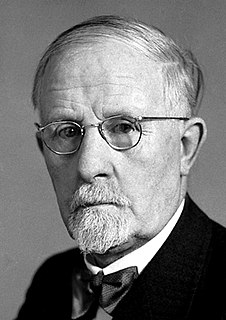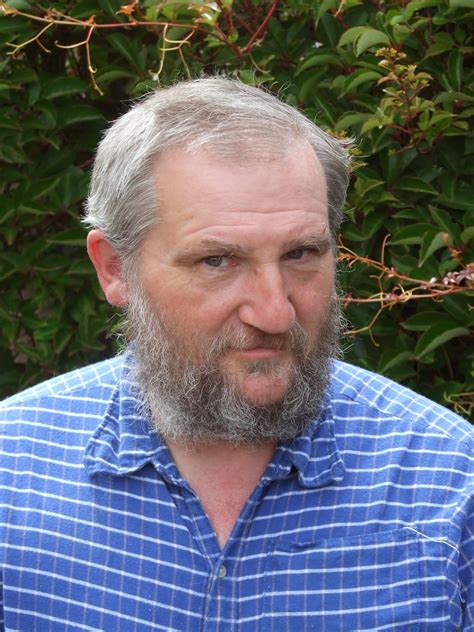A Quote by Samuel Johnson
Health is certainly more valuable than money; because it is by health that money is procured; but thousands and millions are of small avail to alleviate the protracted tortures of the gout, to repair the broken organs of sense, or resuscitate the powers of digestion. Poverty is, indeed, an evil from which we naturally fly, but let us not run from one enemy to another, nor take shelter in the arms of sickness.
Related Quotes
The evidence here, as elsewhere, suggests that education is certainly relevant, but more because better education is associated with general differences in patterns of life than because discrete parts of a lifestyle can be changed. Health-change policies which focus entirely on the individual may be ineffective not only because exposure to health risks is largely involuntary, but also, as this study has shown, because of unwarranted assumptions about the extent to which behaviour can, in these circumstances, be effective in improving health.
Riches are valuable at all times, and to all men, because they always purchase pleasures such as men are accustomed to and desire; nor can anything restrain or regulate the love of money but a sense of honor and virtue, which, if it be not nearly equal at all times, will naturally abound most in ages of knowledge and refinement.
We could have saved Wall Street without putting our future in jeopardy. I predicted that there would be all-around consequences - in the long run as well as in the short run. People are now saying we can't afford health care reform because we spent all the money on the banks. So, in effect, we're saying that it's better that we give rich bankers a couple of trillion than giving ordinary Americans access to health care.
Government programs aim at getting money for poor people. Our hope was that knowledge would in the long run be more useful, provide more money, and eventually strike at the system-causes of poverty. Government believes that poverty is just a lack of money. We felt, and continue to feel, that poverty is actually a lack of skill, and a lack of the self-esteem that comes with being able to take some part of one's life into one's own hands and work with others towards shared-call them social-goals.
The problem of giving health care to everybody cannot be solved so long as we're spending huge sums of money for war. Already we have a very wasteful healthcare system, the most wasteful healthcare system in the world. I mean, we spend the most money and still have 40 million people without insurance. Compare us to Cuba. Cuba is our enemy, run by a dictator, Fidel Castro. But people in Cuba get health care at least equal to that of the United States - with very scarce resources. So I think this issue is the most important domestic issue.
So you think that money is the root of all evil? [...] Have you ever asked what is the root of money? Money is a tool of exchange, which can't exist unless there are goods produced and men able to produce them. Money is the material shape of the principle that men who wish to deal with one another must deal by trade and give value for value. Money is not the tool of the moochers, who claim your product by tears, or of the looters, who take it from you by force. Money is made possible only by the men who produce. Is this what you consider evil?
Since 1994, lawmakers on both sides of the aisle have considered it politically risky to offer a plan to fix America's broken health care system. The American public, though, has paid the price for this silence as health care costs skyrocketed, millions went uninsured, and millions more grappled with financial insecurity and hardship.
God might grant us riches, honours, life, and even health, to our own hurt; for every thing that is pleasing to us is not always good for us. If he sends us death, or an increase of sickness, instead of a cure, Vvrga tua et baculus, tuus ipsa me consolata sunt. "Thy rod and thy staff have comforted me," he does it by the rule of his providence, which better and more certainly discerns what is proper for us than we can do; and we ought to take it in good part, as coming from a wise and most friendly hand.
...There's a lot of money in the Western diet. The more you process any food, the more profitable it becomes. The healthcare industry makes more money treating chronic diseases (which account for three quarters of the $2 trillion plus we spend each year on health care in this country) than preventing them.



































